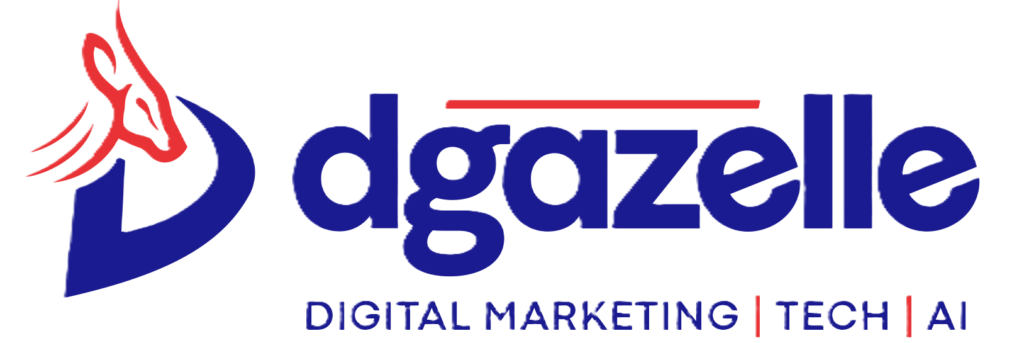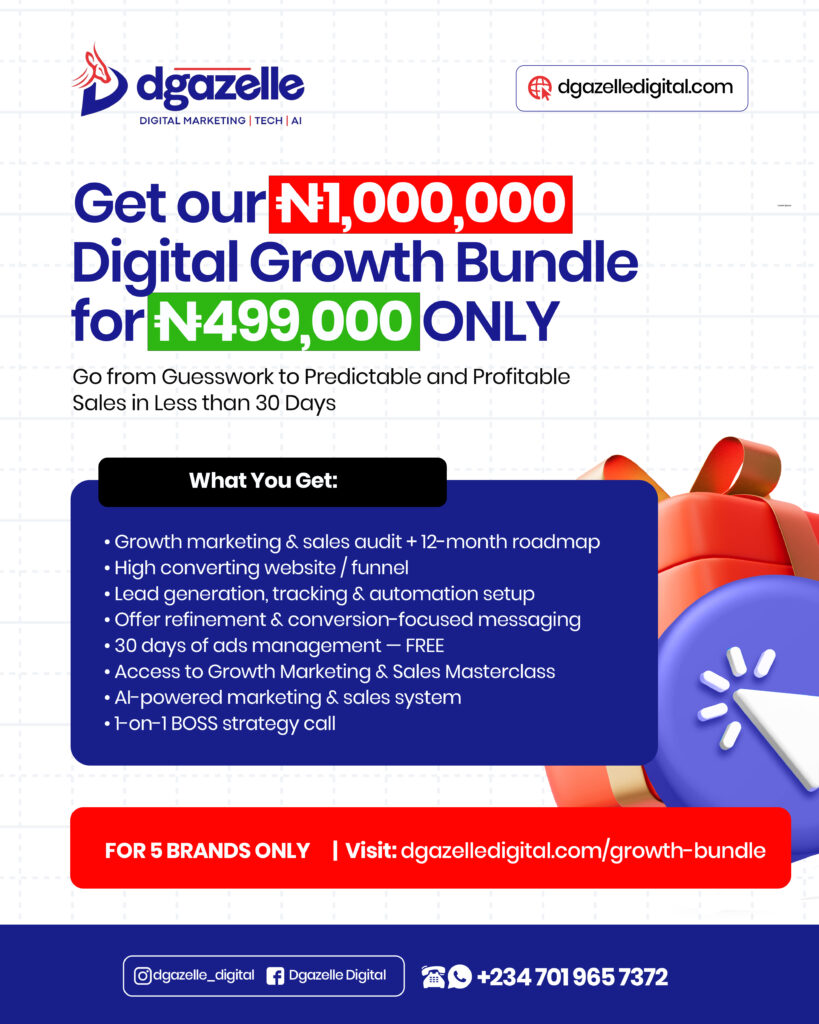In a time when digital traces are prevalent, it is both desired and necessary to maintain a spotless reputation. You can’t undervalue the importance of internet reputation, whether you’re a company looking to grow or an individual aiming for personal branding.
By drawing in and involving your target audience with worthwhile information, content marketing is an effective strategy for actively influencing your reputation.
Although we’ve discussed the significance of content marketing for reputation management, let’s look at some particular methods and techniques that can improve your brand’s online visibility.
Process of Content Marketing
In order to draw in and keep a particular audience interested, content marketing is a strategic technique that focuses on regularly producing worthwhile, pertinent material. In the end, it will result in profitable consumer behavior.
Giving prospective clients useful information that speaks to their wants and interests is more important than directly marketing goods or services.
Managing Online Reputation
By providing valuable material, content marketing draws in and keeps an audience, guiding them through the buyer’s journey and eventually turning them into devoted clients. It functions by:
- Attracting: providing useful answers, insights, or amusement that suits their interests, high-quality content—such as blogs, articles, videos, infographics, and social media posts—attracts new clients.
- Engaging: By continuously providing insightful content, engaging businesses cultivate relationships with their audience and establish reputation and trust. Comments, shares, likes, and subscriptions are some examples of this interaction.
- Nurturing: By offering pertinent information and deals at every stage of the audience’s decision-making process, firms can help them navigate the sales funnel as they engage with the content. Taking this step facilitates online reputation management.
- Converting: The relationship and trust built through content marketing make the company a favored option when the audience is ready to buy.
- Retaining: The sale is just the beginning of content marketing. Businesses can maintain client engagement, promote repeat business, and cultivate brand loyalty by consistently producing valuable content.
The Reason It Works
The efficiency of content marketing is in line with the way that consumers currently naturally consume information. Prospective buyers would rather learn things on their own than be inundated with obtrusive advertisements. They get the information they need via content marketing, which presents the company as a useful resource rather than a pushy salesman.
Knowing your target audience is essential to the success of content and online reputation marketing. It also entails producing excellent content that speaks to their requirements and efficiently disseminating it across pertinent channels. It’s a continual process that calls for constant observation, evaluation, and modification to make sure your material is interesting and relevant.
Developing Powerful Storylines
The foundation of human communication is storytelling. You may engage your audience and create emotional bonds by incorporating your brand’s story into engrossing tales.
Talk about your company’s path, emphasizing the obstacles you’ve overcome and the significant achievements you’ve made. These kinds of stories give your brand a human face, which increases its relatability and credibility.
Additionally, showcasing client success stories in your material has the potential to transform everything. By presenting actual instances of reputation management online and your products that have had an impact, you bolster the value of your brand and offer convincing social proof that enhances your reputation even more.
Making Use of Visual Content
It is often known that visual content is valuable in online reputation marketing and digital communications. Videos, infographics, and eye-catching social media posts are examples of visual media that can greatly improve any message.
Infographics make it possible to convey complicated ideas or data sets in a clear, concise manner. Interesting videos can emphasize goods or services, tell the brand story of an organization, or offer educational advice.
Sharing visually attractive content that grabs audiences’ attention and leaves a lasting impression is made possible by platforms like Instagram and Pinterest.
Building Communities and Involving People
Creating a community around a brand is more important for effective content marketing than merely spreading messaging. Dialog can be promoted by intelligently and promptly answering questions and comments on blogs and social media platforms.
The success of your efforts can be greatly increased by using this straightforward strategy for managing your online reputation.
Real-time audience contact is made possible by hosting webinars or live Q&A sessions. Think of creating a private online community where clients may interact, exchange stories, and provide comments.
By interacting with your audience, you show that you respect their viewpoints and are dedicated to creating enduring bonds.
Reputation restoration and crisis management
Crises or unfavorable comments may come as a surprise in the uncertain digital world. When it comes to handling such circumstances, content marketing might be your friend.
Show your dedication to client satisfaction by responding to unfavorable reviews or comments in a timely and professional manner. Use content marketing to dispel disinformation, restore confidence, and give your side of the story in the event of a crisis.
Being open, receptive, and proactive will help you manage your online reputation. Additionally, you can lessen the harm to your reputation and perhaps come out stronger than before.
Conclusion
To sum up, content marketing is a versatile instrument that may greatly improve your reputation if used properly.
Additionally, you may develop a favorable online presence that appeals to your target market, draws in new business, and promotes long-term expansion.
GET IN TOUCH
Our team of experts crafts compelling content that resonates with your audience and drives a better online reputation. Whether you need help with SEO, social media, or content creation, we have the tools and expertise to elevate your brand.







